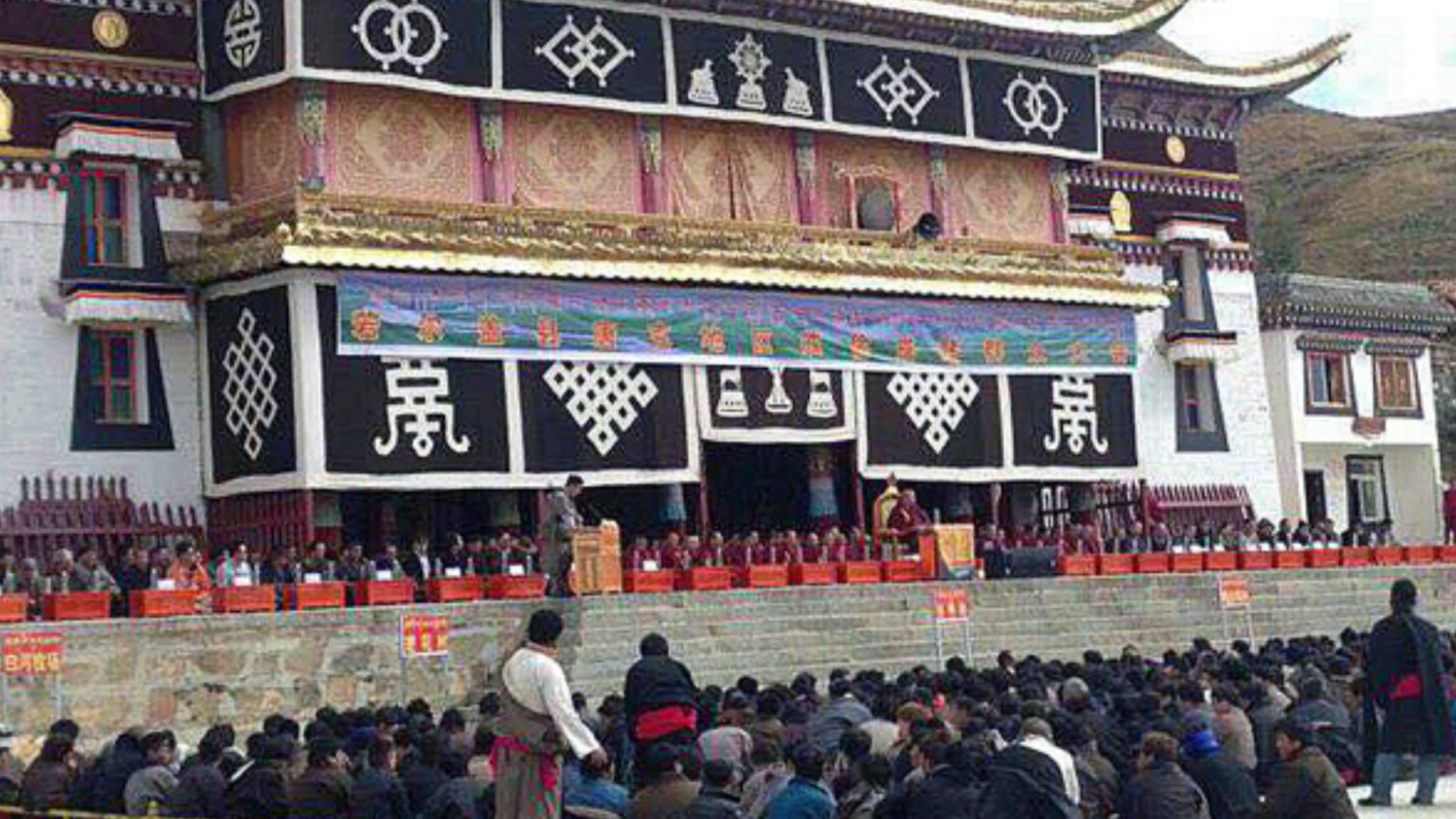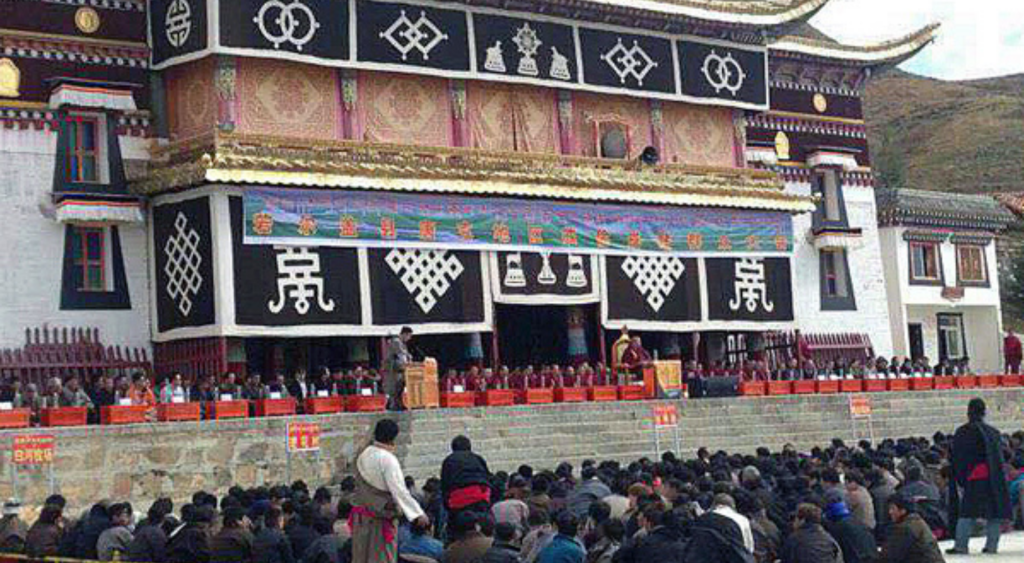
Tibetan Political Prisoner Released After Serving Five-year Sentence
Gendun Dapaka was arbitrarily detained in 2015 on charges of 'inciting separatism'

Thangkor Socktsang Monastery
Sources have confirmed to Free Tibet that one of the Tibetan monks arbitrarily arrested from Thangkor Socktsang Monastery in 2015 has been released after serving a five-year prison sentence for ‘inciting separatism’.
Gendun Dapaka, 45, returned to his home after being released in August 2021 but has since been admitted to the hospital due to poor health. Severe communication restrictions have prevented any further information on his condition from being obtained.
Despite his release, Gendun Dapaka’s freedom is conditional. On indefinite parole, he is required to report to a police station every month, and both he and his family are subjected to heightened state surveillance.
On 24 August 2015, armed police raided Thangkor Socktsang Monastery, Ngaba, storming into the room of Gendun Dapaka and Lobsang Sherab and arbitrarily detaining them.
After over one year in custody, held incommunicado, the two monks were sentenced in a secret trial on the charges of ‘inciting separatism’ and ‘sharing information with Tibetans in exile’. The pair were handed a five and four- year prison term respectively. Neither were given access to legal representation or were afforded the opportunity to defend themselves – as is required under international human rights law.
At the closed-doors trial, neither of the men’s families were allowed to watch, and those observers which did attend were subjected to strict scrutiny.
The supposed separatism of which they were accused of inciting was in relation to peaceful protests held by Tibetan nomads in 2015. The two monks were not charged as having attended the protests – which were in response to government land seizures in Ka Bharma Village, Ngaba – but rather with having shared information on these protests with outsiders.
The government land seizures stole over 400 acres of land, and the homes of 20 families, in 2010 for the purpose of building more environmentally-friendly rural areas. These plans were abandoned, however, and the Chinese authorities have been leasing the land to private corporations.
Information supplied by Tibet Watch

